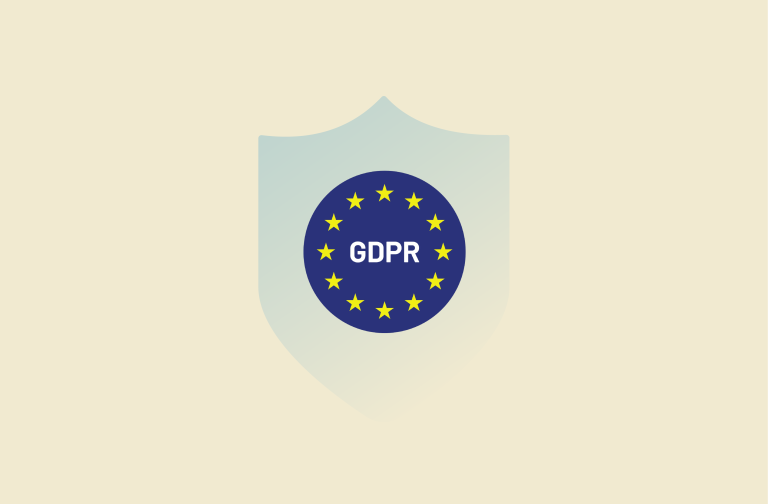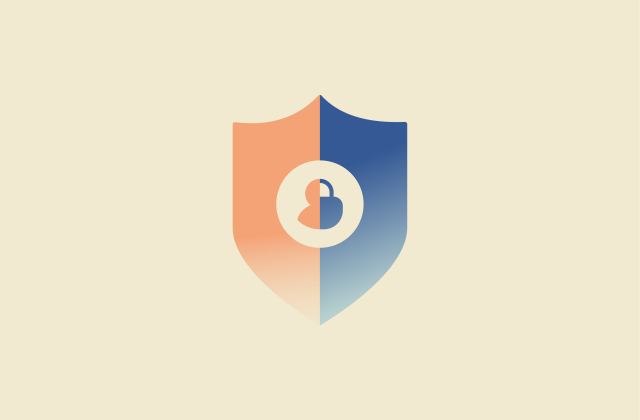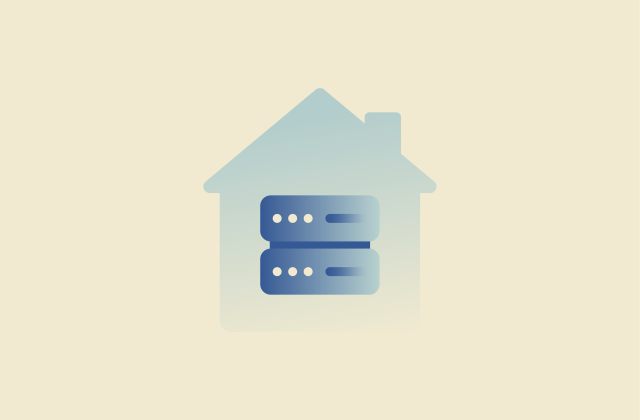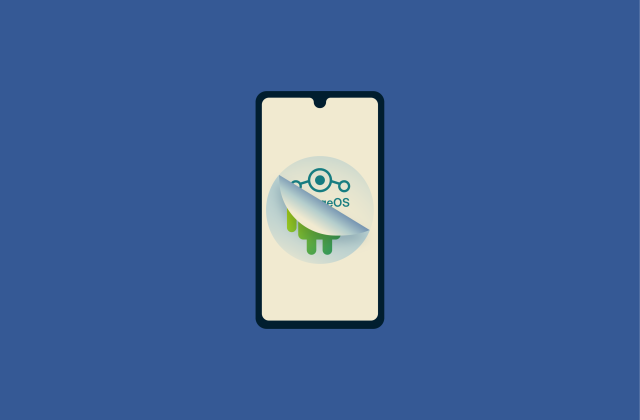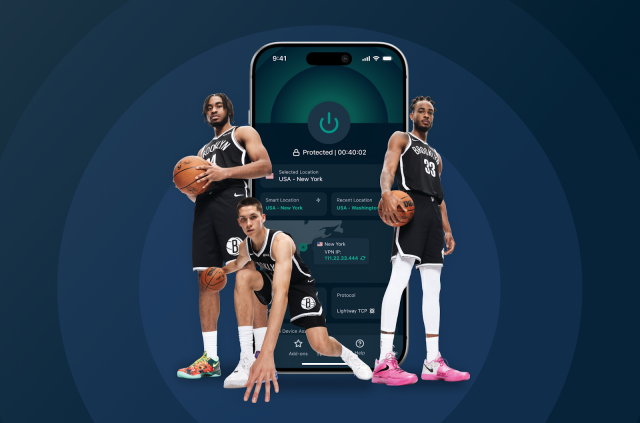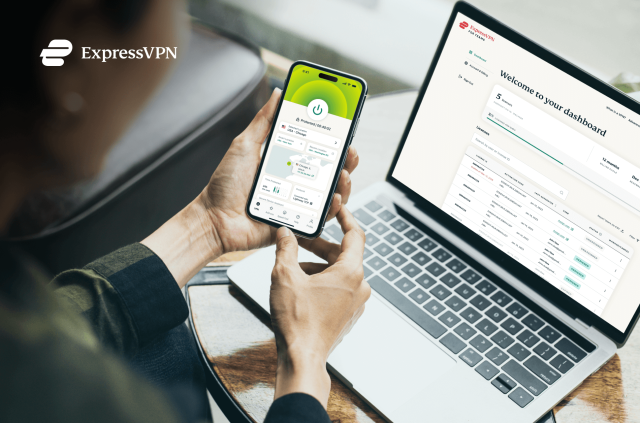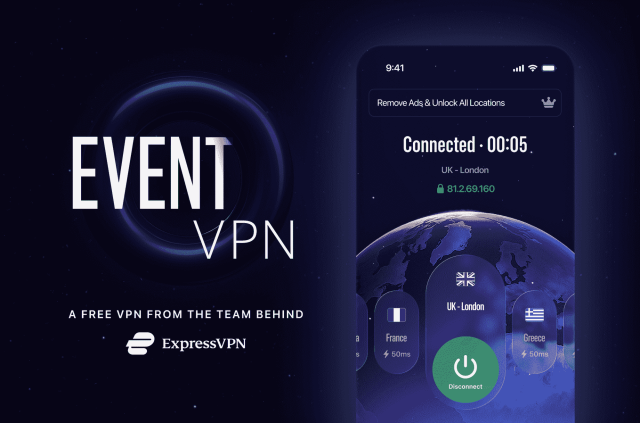iSpy? Government agencies “petrified” over iPhone encryption

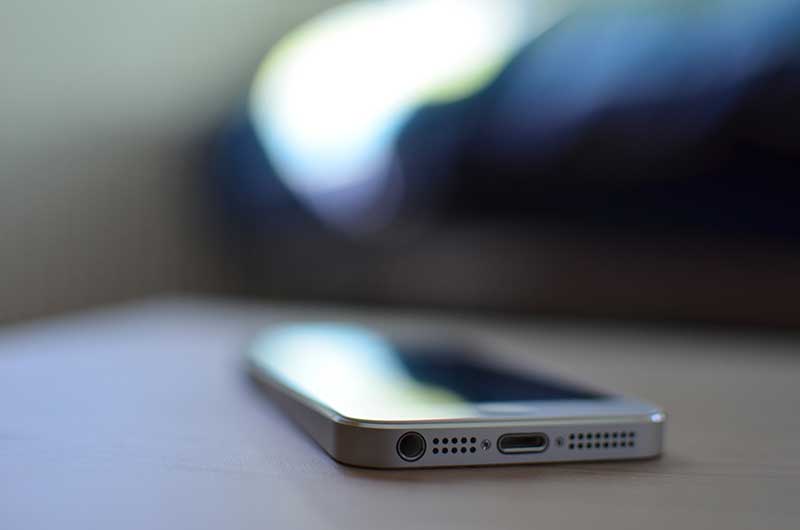
The spies are scared. That's the word from Glenn Greenwald, the writer who helped Edward Snowden publish his tell-all documents about the NSA. In a recent CNBC article, Greenwald argues that better encryption from device makers like Apple and social sites like Facebook have “petrified” the NSA and other spy agencies. “They are now starting to put serious encryption technologies in their new iPhones in their new releases,” he says, “and this has really petrified governments around the world.” But why the big reaction? What's so scary about consumers having control over their own data?
Not the First Time
As noted by Wired, governments have long been fighting for better access to consumer devices. In the 1990s, for example the Clinton administration made the case for a “trapdoor keys” in consumer encryption products with an eye to helping out law enforcement and spy agencies where necessary. Understandably, citizen outcry was substantial and the government backed down from including these kind of backdoors — although the debate is now cropping up in other large-scale computer manufacturing companies, such as China.
And according to The Intercept, the CIA has been trying to hack Apple's encryption for years, giving them a way to access user devices even if the manufacturing giant won't comply with warrants — or if spy agencies are operating outside the bounds of established law. Simply put, law enforcement and government spooks want access to your device and always have, “just in case.” But thanks to Snowden and other privacy revelations, the tide is finally turning in favor of stronger encryption, and it has these organizations worried.
Not For Your Benefit
Greenwald is quick to note that by-default encryption on Apple devices isn't some kind of noble effort on the part of the device manufacturer to “do the right thing.” Instead, they're more worried about losing consumers, worried about what happens when international companies make the case to American buyers that they're more secure because they don't hand over your data to the NSA. And there's certainly pressure; last year, Yahoo broke the news that it was threatened with a $250,000 per day fine if it didn't hand over specific information to the spy agency.
Worrying Trend
So why are spies and law enforcement officials so worried about the protection of your data? Because strong encryption methods mean that manufacturers can't access personal information, even if presented with a warrant. The only key holder is the owner of the device, who is under no obligation to provide their access code and cannot be circumvented by any “backdoor” trickery. Police departments warn that this could compromise the speed of investigations, while national security pundits claim it could open the nation to terrorist threats. It's no wonder, then, that the CIA is holding hacking jamborees to crack the iPhone — and that Apple is trying its best to distance itself from the role of NSA “collaborator” as described in the Snowden documents.
Not All Good News
Another such “collaborator” is Google, which recently promised that all devices running the latest version of Lollipop would come with built-in disk encryption. The announcement drew ire from the FBI and according to Forbes, the search giant has now backed off the idea, instead “recommending” that its partners use full-disk encryption rather than making it a requirement. The terms of its Android Compatibility Definition document claim this will become a “must” in future versions of the OS, but there's no timeline for this “future.”
Are You Protected?
So where does this leave you and your favorite mobile device? If you're using a newer Apple product, you've got the benefit of better-than-average encryption that has a spy agencies shaking in their boots. Even perpetually risk-prone Facebook is getting its act together and helping lock down user privacy. But Androids and other mobile devices are still left out of the security loop, meaning you're not protected by default. Here's the bottom line: The NSA has no absolutely no interest in your data, until it suddenly wants a look at everything you own. This threat might never manifest, but why take the chance? If encryption has the NSA “petrified”, it's a safe bet this is something you want to make a move on.
Take the first step to protect yourself online. Try ExpressVPN risk-free.
Get ExpressVPN


